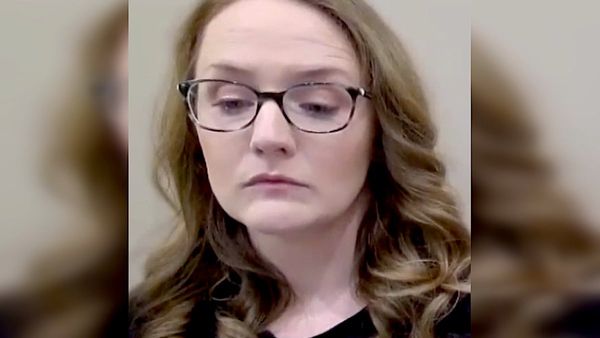
More than 5,000 Australian aged care residents have died with Covid since the start of the pandemic, with the number of reported deaths increasing sharply since the beginning of the year.
Department of Health data confirms the number of Covid deaths in aged care facilities jumped from a total of 4,448 on 22 December to 5,045 on 25 January.
This increase of 597 deaths in just over a month was much higher than the 246 deaths recorded between 22 December and 24 November.
The increase reflects a spike in community transmission among the general population at the time, but also reveals aged care facilities have struggled to protect vulnerable residents, despite best efforts.
The latest weekly update on 27 January recorded 291 active outbreaks in as many aged care facilities. About 1,220 active cases were recorded among residents and 432 among staff.
A Department of Health and Aged Care spokesperson said every death in aged care was a tragedy and acknowledged that deaths increased in January due to a spike in cases.
But the spokesperson also said the significant jump in reported deaths during January was influenced, in part, by a change in reporting methodology.
“The Covid in residential aged care facilities report now includes reconciled data from a number of departmental sources, including from case management teams and directly from aged care providers through the My Aged Care provider portal, which was introduced for Covid outbreaks in early 2022,” the spokesperson said.
“While there was an increase in new deaths each week in January as a direct result of the increased cases in December, the spike in January is largely due to an additional 232 deaths that were captured between December 2021 and January 2023 as a direct result of the data merge.”
The latest snapshot also reveals staff shortages at dozens of facilities. In the week leading up to 25 January, a surge workforce filled 817 shifts at 46 residential aged care homes.
“These shifts include roles for GPs, nurses, care workers, allied health workers [and] executive and ancillary staff,” the update said.
The temporary surge workforce is a commonwealth initiative that allows approved facilities to call on a reserve workforce.
During January, this surge workforce was provided by Healthcare Australia, Aspen Medical, HealthX and the Recruitment, Consulting and Staffing Association. These organisation receive federal funding as part of the scheme.
Tom Symondson, the chairman of the Aged & Community Care Providers Association, said the latest wave of Covid infections did not have “anywhere near the severe impact of the previous summer holiday period”.
“The removal of mandates in all jurisdictions in late 2022 has meant the onus is on providers to enforce rules like mask wearing and RATs before a visit to an aged care home,” Symondson said.
“The community might be living with Covid but the pandemic remains very much a reality in aged care.”
The Australian Medical Association’s president, Prof Steve Robson, said the deaths were “tragic but not surprising given the state of a largely neglected aged care sector”.
“We have known that elderly people are more vulnerable since the early days of the pandemic and have enacted targeted strategies, some from the start … but we obviously haven’t done enough to protect them,” Robson said.
“We have wound back almost all public health measures and this puts vulnerable people in aged care at greater risk.”
The latest update also reveals high levels of vaccination among aged care residents.
“As at 27 January 2023, there are currently 157,833 residents eligible for fourth doses. In total 134,929 residents, or 85.5% of eligible residents, have received a fourth dose,” the update said.







